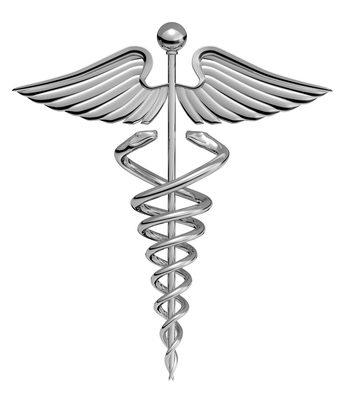A health and human services degree program involves interdisciplinary studies that focus on meeting the specific needs of specific populations using various delivery systems through public and private sector initiatives. It may lead to a similar career path as that of other social sciences majors, but the broad focus of the health and human services major provides a wider perspective and a better understanding of the challenges you will face in this career.
Courses and Other Academic Requirements
Program requirements for a degree in health and human services will vary depending on your college choice. Aside from general courses that may include college-level English, communications, math or statistics, the program may cover introductory courses in psychology, sociology and social policy. Some of these courses may be completed as part of a two-year associate degree. As early as the second year, students may be required to complete a practicum at a social services agency. This part of the program aims to provide students with a realistic sense of what this career will entail prior to committing to the last two years.
Related: Top 10 Online Health and Human Services Degree Programs – Bachelor’s
Specialized courses will include advance topics in social and public policy, family and youth dynamics, gerontology and ethics. Some programs may include courses in counseling, substance abuse evaluation and community health practices. Case management is an integral part of health and human services degree programs as much of the real world tasks will require this skill, starting from intake to follow-ups and case resolution when applicable.
Preparation for Real-World Application
A career in health and human services will involve direct contact with clients. As such, the program must include several opportunities for you to gain front line experience through a practicum or internship. Some programs may require completion of an undergraduate thesis, which is typically an in-depth research that may involve statistical and analytical studies of existing policies or comparative studies of current social service programs.
Career Track of a Health and Human Services Major
Graduates will find placement as a social work assistant or intake specialist at government and nonprofit community centers. This degree can also lead to a career as an advocate for children starting with a job as a child welfare social worker. You will be trained in substance abuse counseling and treatment center administration.
This is a career that can easily expand into a different direction than social work. You can easily transition to non-profit management, social agency administration and community health education. Through your work, you can champion causes such as disease prevention efforts for vulnerable populations, food and drug safety and access to basic health care. With your academic background and some experience, you can advocate for various causes related to delivering adequate services to populations that need them.
Outlook for Health and Human Services
The Bureau of Labor Statistics expect job growth in this sector to be about 11 percent faster than the nationwide growth rate. Many of the jobs will be in the health care and social services sector. As the U.S. population ages, geriatric issues will be one of the primary concerns of the health and human services sector.
A health and human services degree will put you on the right track for a service career that has to do with making sure that the most vulnerable groups receive the basic services that they need. This degree is valuable for those who are seeking a fulfilling career based on community involvement and social consciousness.
